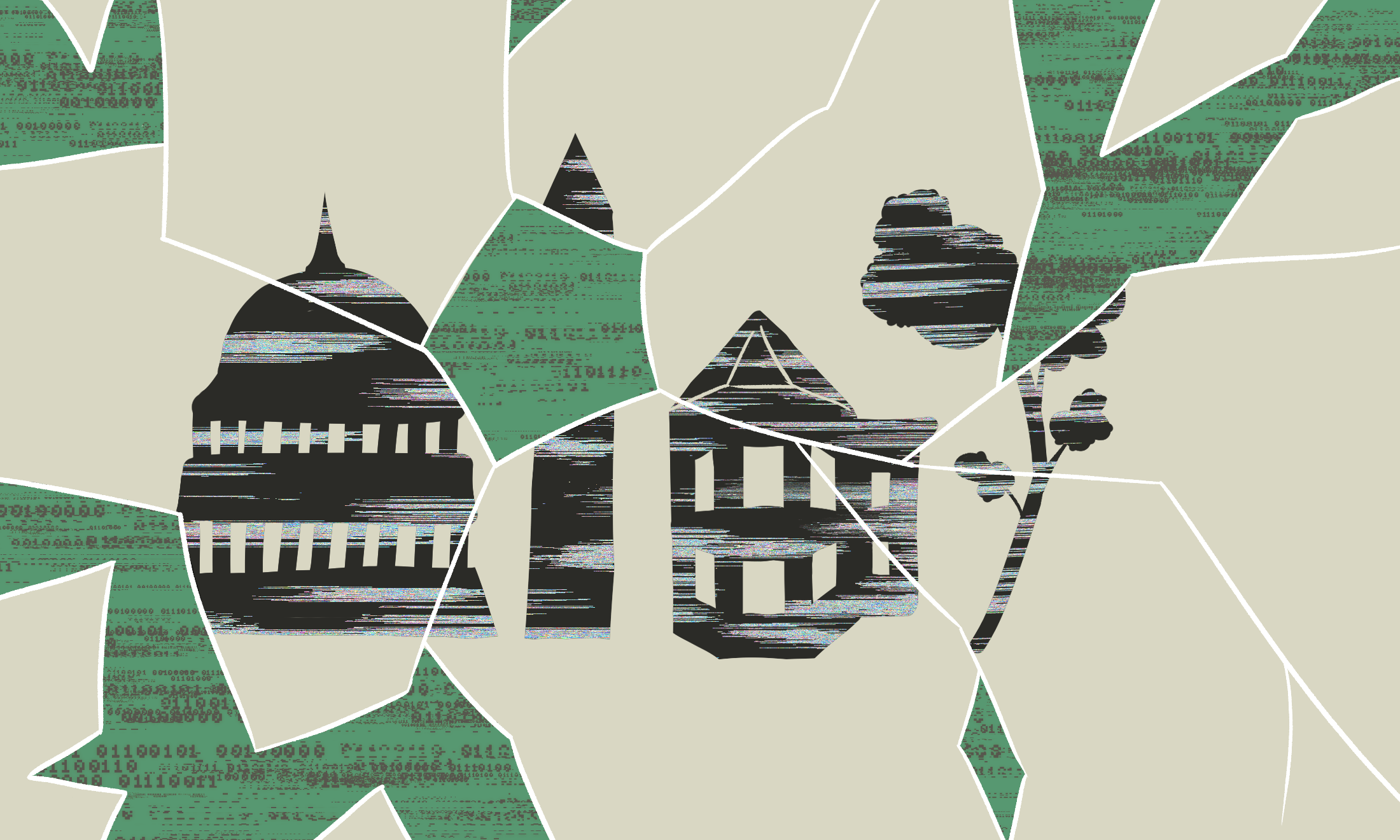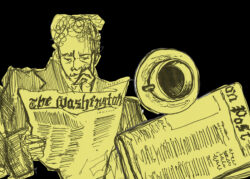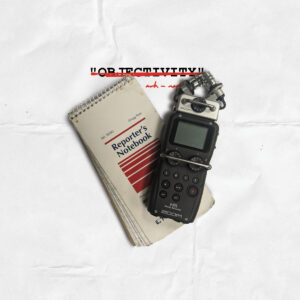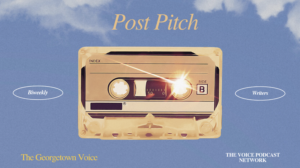My journalism classes are rife with discussions about local journalism—which makes sense if you’re entering the field. But outside of the classroom, you may have witnessed some of our conversations play out in real time—the shuttering of local news publications is happening across the country. In the District alone, the Metro section staff at The Washington Post was slashed by 25 percent; the Washington City Paper cut its print issue to solely produce online content; the Wall Street Journal restructured its Washington bureau and laid off several staffers. But on Feb. 23, one of the most devastating blows struck the D.C. community when WAMU decided to close DCist, one of the pillars of local journalism. Fifteen staff positions were eliminated, shocking journalists across the District despite WAMU general manager Erika Pulley-Hayes’s promise that more audio specialist and producer positions would be created. Yet, we must react with more than outrage. We cannot stand by while such valuable, community-oriented publications close their doors.
Since I arrived at Georgetown four years ago, DCist and its coverage of the District has guided the way I developed my journalistic ethos—accessible news grounded in compassion, care, and community. As the fall 2023 editor-in-chief of the Voice, much of our coverage strove to model the efforts of publications like DCist that cover anything from arts and culture events to politics and more. Reporters at DCist have published some of the most impactful articles I’ve ever read, including exposing overtime pay discrepancies in the Metropolitan Police Department—which I analyzed in a data journalism class at Georgetown alongside pieces from nationally recognized publications like The New York Times and ProPublica. It is hard to understate the impact this organization has had not only on myself, but also on the Voice and the larger D.C. community.
There’s no way to analyze the closure of DCist without zooming out to look at the current media landscape and WAMU’s complicated relationship with its online news platform. The shuttering of the DCist website did not happen out of the blue. It was a strategic choice by the Washington-based NPR affiliate to stay afloat amid the turmoil of 21st century journalism.
WAMU acquired DCist six years to the day before their doors closed. In 2018, a series of local journalism publications—including DCist and LAist—closed their doors. But thanks to anonymous donors and a consortium of public radio stations––notably WAMU––the publications remained in operation. It is worth noting that WAMU’s time overseeing DCist was not smooth sailing. According to recently laid-off reporters who spoke with Washingtonian, WAMU’s leadership was a point of frequent contention for DCist staffers. WAMU’s union took to X, formerly known as Twitter, to decry the “poor leadership” decisions that led to the firing. Former WAMU reporter Martin Austermühle described several gaps in staffing that weren’t filled—including a Metro, Maryland, education, and transportation reporter—leaving key subjects undercovered.
While WAMU is a radio powerhouse, coming in at number eight in the Radio Online national ratings, DCist’s role in this “branding” was less clear. When Pulley-Hayes announced the layoffs, she also said that WAMU could now focus on what it does best: radio. However, the dilemma of a public radio station managing a digital news platform doesn’t always end with shuttered windows. When LAist was purchased by KPCC, an LA-based radio station, the two combined under one umbrella organization in January, with the radio adopting the name LAist 89.3. But WAMU doesn’t see a chance for rebranding, apparently. Pulley-Hayes wants to redirect their focus solely to radio coverage, promoting big names like Kojo Nnamdi and his “The Politics Hour.”
It’s hard to know who to blame—a competitive media environment, WAMU leadership, financial difficulties, or all of the above. Since 2005, America has lost more than a quarter of its newspapers, and the rate of decline for local journalism is expected to increase to a third by 2025. Over 500 journalists were laid off in January of this year alone; this exacerbates information deficits in a country where a fifth of the population already lives in an area without access to local news. And if those statistics don’t scare you, big tech is getting more and more involved in journalism as the cost of print journalism continues to rise. Outlets across the country are trying to answer the question: how do we stay alive?
But the solution for WAMU cannot be to kill off DCist.
Without DCist, this region loses the most comprehensive source of news it had. Reporters and government officials alike decried the move on social media. As residents of the District, the Georgetown community should be concerned. You should be aghast, angry, and all of the negative adjectives. If you want to know about something going on around you, your options are becoming more and more limited. I could talk for hours about the importance of journalism—as a mechanism for institutional accountability, social activities, and engagement—but more importantly, DCist filled a niche of community-centric reporting for the DMV that will now go underserved.
But you don’t have to feel powerless. The union’s gift officer, Sarah Cumbie, is collecting donations on Venmo for impacted WAMU/DCist staffers. The union is also encouraging individuals to email Pulley-Hayes to demand DCist be saved. Take a moment out of your day to send an email to her at epulleyhayes@wamu.org. Share your thoughts. I’m not confident DCist will return, but expressing care and community is never a waste.
In this media ecosystem, we often take news for granted because there is such an abundance of it. As students, we don’t pay for news; we receive the Times and the Post for free, and if they don’t have the article we need, well, someone else probably does. But there are few organizations who cover local news like DCist, and, I’d argue, none that do it as well. With no paywall, DCist managed to center impacted voices and elevate stories of accountability, joy, and community. So be disheartened, but don’t be rendered immobile by your emotions. Support local journalism now, before it is too late.







